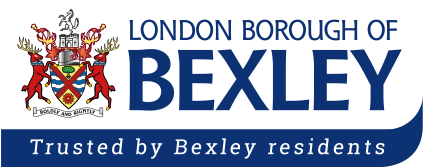Context & Current Work
For example, an increase in the publication of data around VAWG by the authorities and the increase in VAWG-dedicated organisations bringing these issues to the forefront. The Home Office created the VAWG Strategy and Enough Campaign to address this increasing concern.
Sarah Everard was killed on 4 March 2021 in London, by a male police officer. Sabina Nessa was killed on 17 September 2021 in Greenwich, by a male garage worker. Both of these murders took place in neighbouring boroughs and by men, targeted at women. These two particularly prominent and local murders (or ‘femicides,’ i.e., the murder of a woman or girl on account of her gender) have increased the awareness of VAWG and impacted feelings of safety for women and girls.
Bexley Domestic Abuse Services 2022 Survey
A Summer 2022 Survey across Bexley revealed similar feelings; respondents were asked to rate how safe they felt from VAWG in Bexley (with 1 being extremely concerned and 10 being not concerned).
The average response was 5.98. Of the 251 respondents, however, 223 were female and their average safety score was 5.88 in comparison to non-female identifying respondents, whose average score was 6.71.
In the year of 2022, there was an increase in the number of VAWG offences reported in Bexley, with a total of 4,538 reports to the police which may be considered VAWG.*
